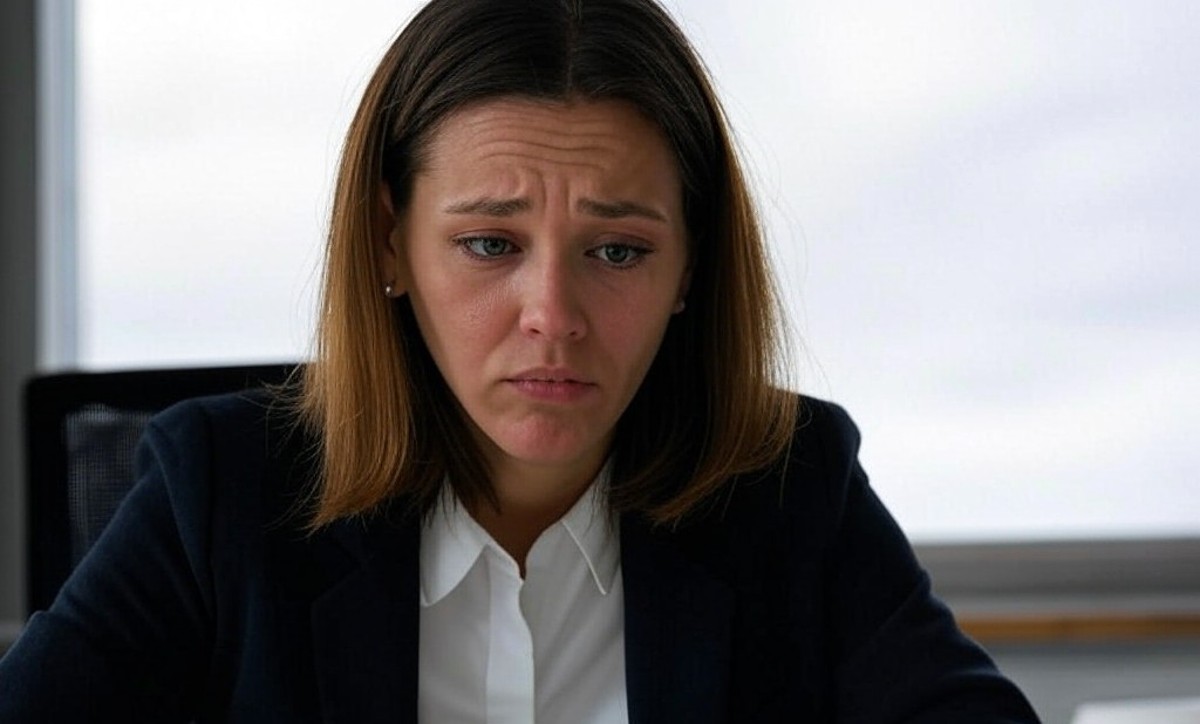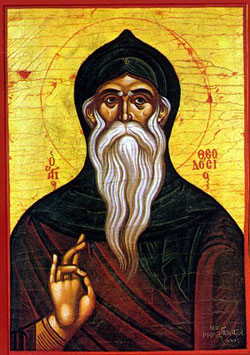 Dear readers, Catholic Online was de-platformed by Shopify for our pro-life beliefs. They shut down our Catholic Online, Catholic Online School, Prayer Candles, and Catholic Online Learning Resources—essential faith tools serving over 1.4 million students and millions of families worldwide. Our founders, now in their 70's, just gave their entire life savings to protect this mission. But fewer than 2% of readers donate. If everyone gave just $5, the cost of a coffee, we could rebuild stronger and keep Catholic education free for all. Stand with us in faith. Thank you. Help Now >
Dear readers, Catholic Online was de-platformed by Shopify for our pro-life beliefs. They shut down our Catholic Online, Catholic Online School, Prayer Candles, and Catholic Online Learning Resources—essential faith tools serving over 1.4 million students and millions of families worldwide. Our founders, now in their 70's, just gave their entire life savings to protect this mission. But fewer than 2% of readers donate. If everyone gave just $5, the cost of a coffee, we could rebuild stronger and keep Catholic education free for all. Stand with us in faith. Thank you. Help Now >
Why does the church take marriage so seriously?
FREE Catholic Classes
(Catholic News Service) - Catholics understand Christian marriage as a lifelong partnership between a baptized man and woman lived in the context of the church community. This union forms the basic unit of both church and civil society. Since its earliest days, Christianity has used the metaphor of marriage to show the relationship of Christ to the church (Eph 5:10-32).
Highlights
Catholic News Service (www.catholicnews.com)
7/19/2006 (1 decade ago)
Published in Marriage & Family
Unlike an entirely civil marriage ceremony, a Catholic ceremony reminds couples that they will lead their lives together in a faith community. Couples pledge themselves to the values of love, permanence and fidelity. These three values are not necessarily reflected in a purely civil ceremony performed at city hall. Catholics also look at marriage as a covenant rather than a contract. A contract looks at whether or not a person has fulfilled certain legal stipulations (things), while a covenant looks at personal commitment (people). Obviously "covenant" brings to mind biblical roots that highlight relationships such as those between people and their God, and with each other. Probably the most important decision any person can make is that of a lifelong commitment to another person. For many today this will mean 50 to 60 years of a close, intimate relationship. Statistics tell us, however, that almost half of those who go through a formal wedding ceremony realize afterward that for some reason or another they are not compatible and then seek a divorce. This phenomenon is particularly acute in the United States where it strikes almost every religion and ethnic group. The church is responding to this by focusing on marriage preparation to help couples beginning their lifelong journey together. Church marriage preparation programs aim to help people face the problems that most couples experience. The preparation typically includes taking the FOCCUS inventory (Facilitating Open Couple Communication, Understanding and Study), which helps couples examine their attitudes on finances, sexuality, children, in-laws and communication. Most dioceses require couples to make an Engaged Encounter in which a group of future brides and grooms spend a weekend with older and younger married couples to discuss these same areas. The engaged couples separately write their reactions in notebooks and then dialogue about it together. The Engaged Encounter has the advantage that couples are not alone: Other couples are present, and people can profit from these couples' experiences as well as from the team presentations. Dioceses usually provide other types of preparations such as Pre-Cana Conferences, Evenings for the Engaged and so on. Frequently dioceses offer programs for those who have been married previously and those who will marry someone of a different faith tradition. A negative way of looking at all of this is to ask why the church has so many regulations about getting married. A positive approach is to reflect on the Christian values of marriage and then respond, "Thank heavens the church is implementing in a practical way these values and ideals." Values and ideals remain simply values and ideals if we cannot incorporate them into our lives in a practical way. The so-called "regulations" simply implement in a realistic way the church's view that marriage is a lifelong commitment of a man and woman to permanence and fidelity in a covenantal relationship. Each diocese offers programs to prepare soon-to-marry couples to live out these ideals in a world and a society in which many do not view permanence and fidelity as values. - - - Father Kendall is coauthor of the Paulist Press book "101 Questions and Answers on Catholic Marriage Preparation." He teaches Scripture at the University of San Francisco.
---
Copyright (c) 2007 Catholic News Service/U.S. Conference of Catholic Bishops
Join the Movement
When you sign up below, you don't just join an email list - you're joining an entire movement for Free world class Catholic education.
-

-
Mysteries of the Rosary
-
St. Faustina Kowalska
-
Litany of the Blessed Virgin Mary
-
Saint of the Day for Wednesday, Oct 4th, 2023
-
Popular Saints
-
St. Francis of Assisi
-
Bible
-
Female / Women Saints
-
7 Morning Prayers you need to get your day started with God
-
Litany of the Blessed Virgin Mary
Introducing "Journey with the Messiah" - A Revolutionary Way to Experience the Bible
-

Catholic Response to Devastating Los Angeles Wildfires
-

Federal Court Blocks Biden Administration's Gender Identity Rule
-
A Future for Life: Introducing the Winners of the Priests for Life Pro-Life Essay Contest
-
Reflections on Pope Francis' 2025 World Day of Peace message
Daily Catholic
 Daily Readings for Saturday, January 11, 2025
Daily Readings for Saturday, January 11, 2025 St. Theodosius the Cenobiarch: Saint of the Day for Saturday, January 11, 2025
St. Theodosius the Cenobiarch: Saint of the Day for Saturday, January 11, 2025 Prayer for a Blessing on the New Year: Prayer of the Day for Tuesday, December 31, 2024
Prayer for a Blessing on the New Year: Prayer of the Day for Tuesday, December 31, 2024- Daily Readings for Friday, January 10, 2025
- St. William of Bourges: Saint of the Day for Friday, January 10, 2025
- St. Theresa of the Child Jesus: Prayer of the Day for Monday, December 30, 2024
![]()
Copyright 2024 Catholic Online. All materials contained on this site, whether written, audible or visual are the exclusive property of Catholic Online and are protected under U.S. and International copyright laws, © Copyright 2024 Catholic Online. Any unauthorized use, without prior written consent of Catholic Online is strictly forbidden and prohibited.
Catholic Online is a Project of Your Catholic Voice Foundation, a Not-for-Profit Corporation. Your Catholic Voice Foundation has been granted a recognition of tax exemption under Section 501(c)(3) of the Internal Revenue Code. Federal Tax Identification Number: 81-0596847. Your gift is tax-deductible as allowed by law.






 Daily Readings for Saturday, January 11, 2025
Daily Readings for Saturday, January 11, 2025 St. Theodosius the Cenobiarch: Saint of the Day for Saturday, January 11, 2025
St. Theodosius the Cenobiarch: Saint of the Day for Saturday, January 11, 2025 Prayer for a Blessing on the New Year: Prayer of the Day for Tuesday, December 31, 2024
Prayer for a Blessing on the New Year: Prayer of the Day for Tuesday, December 31, 2024

